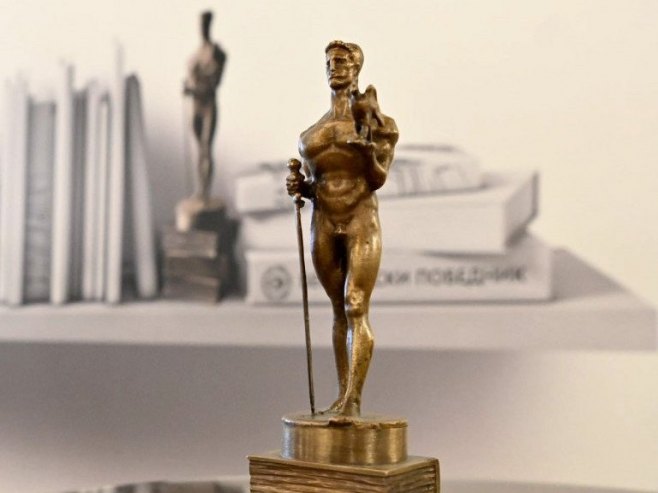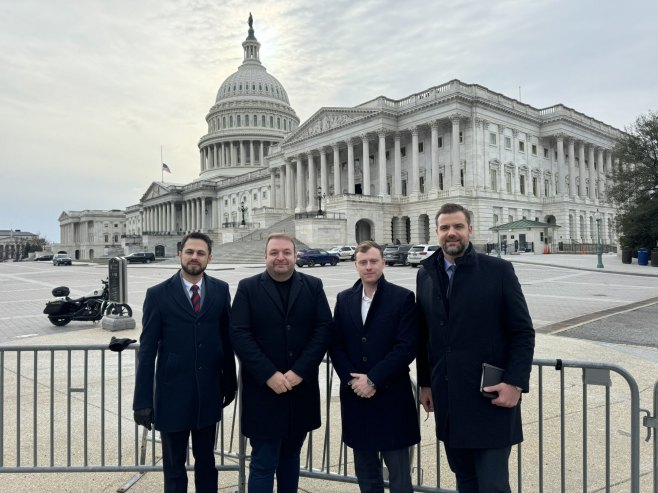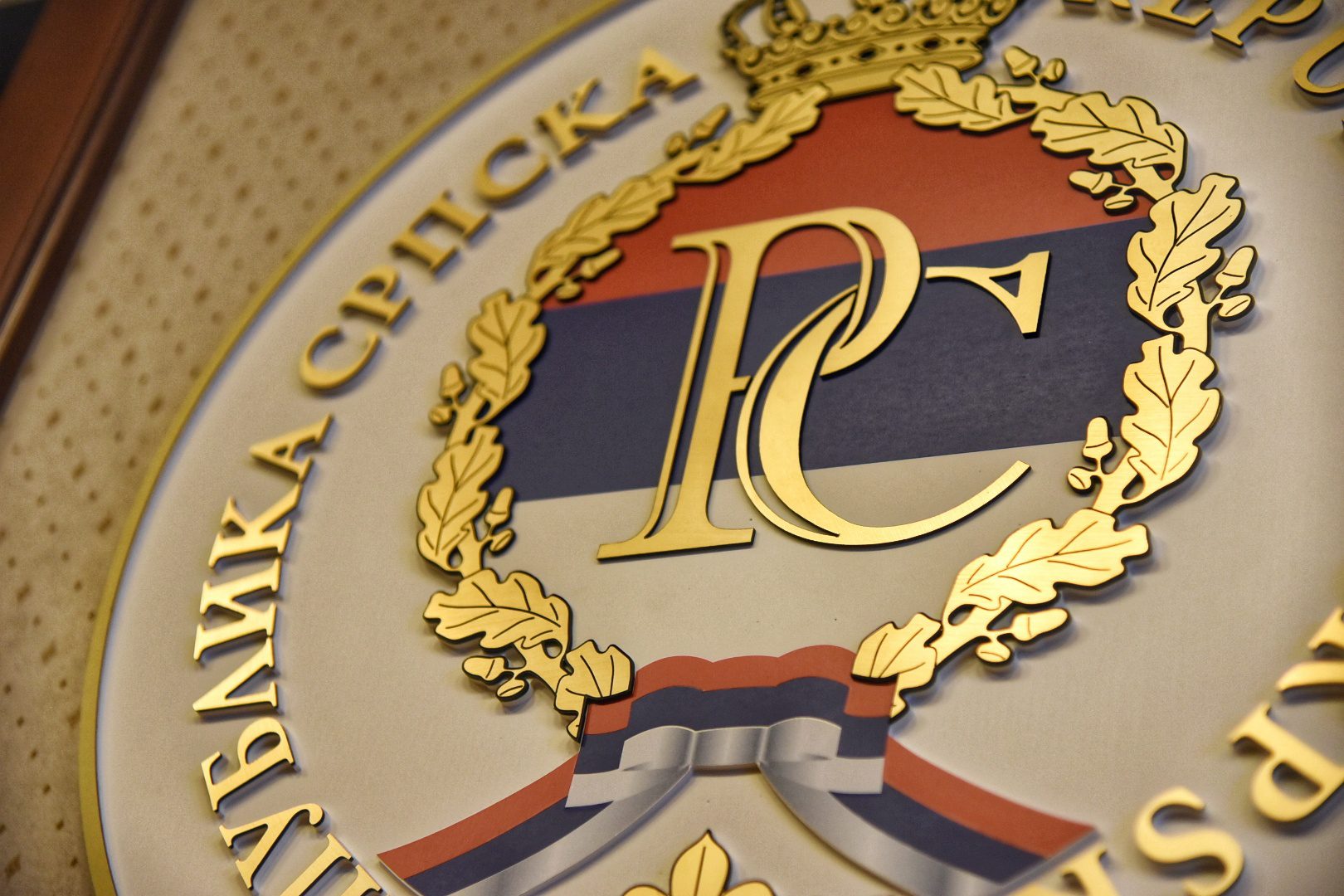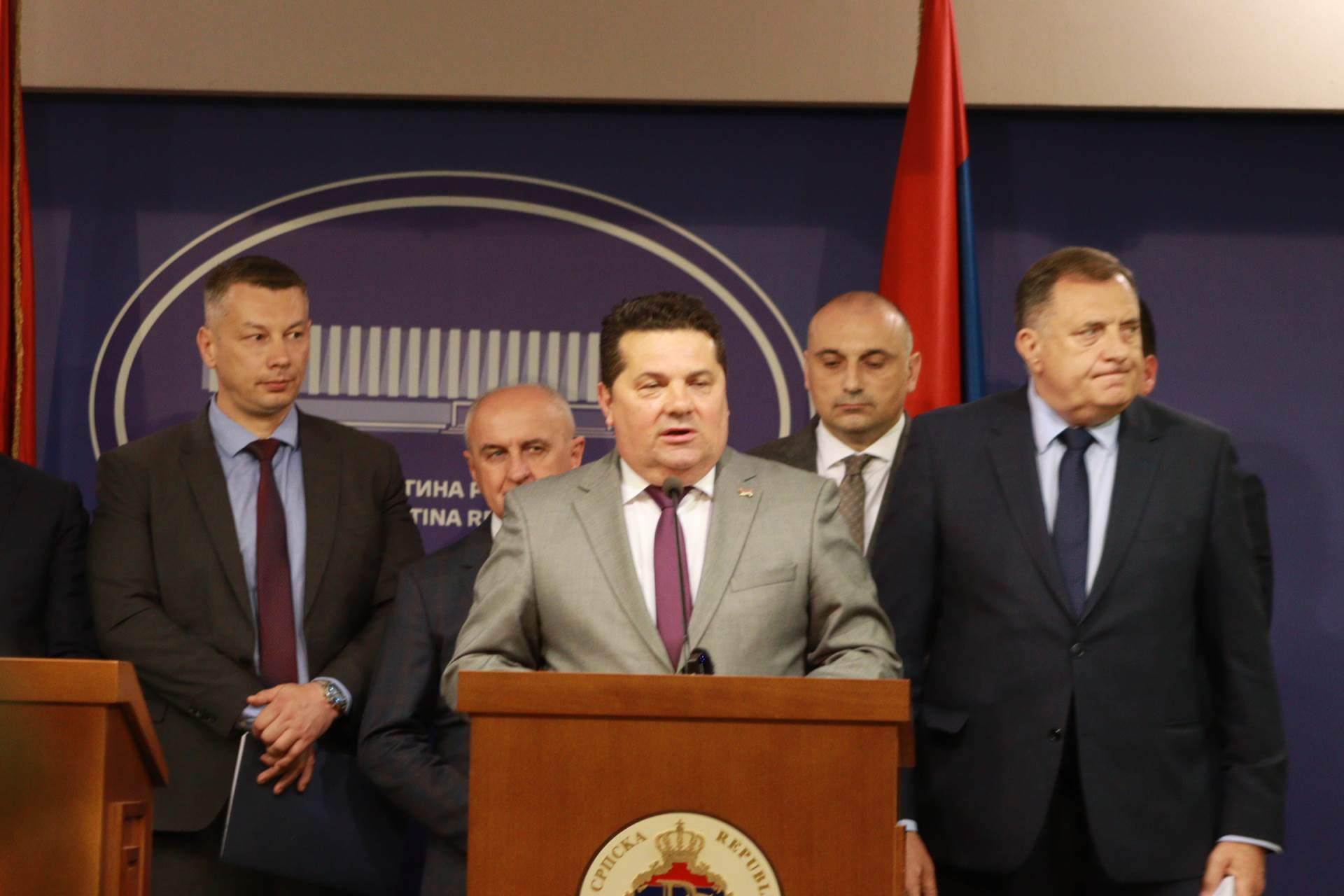“The Prime Minister of the Republic of Srpska, Radovan Višković, stated that attempts are being made to harm Srpska, and that many things have been denied to it. However, it manages to successfully respond to all challenges and fulfills its obligations without any problems.”
“President of the Government of Republika Srpska, Radovan Višković, stated that attempts are being made to harm Srpska, and that many things have been denied to it. However, it manages to successfully respond to all challenges and fulfills its obligations without any problems.”
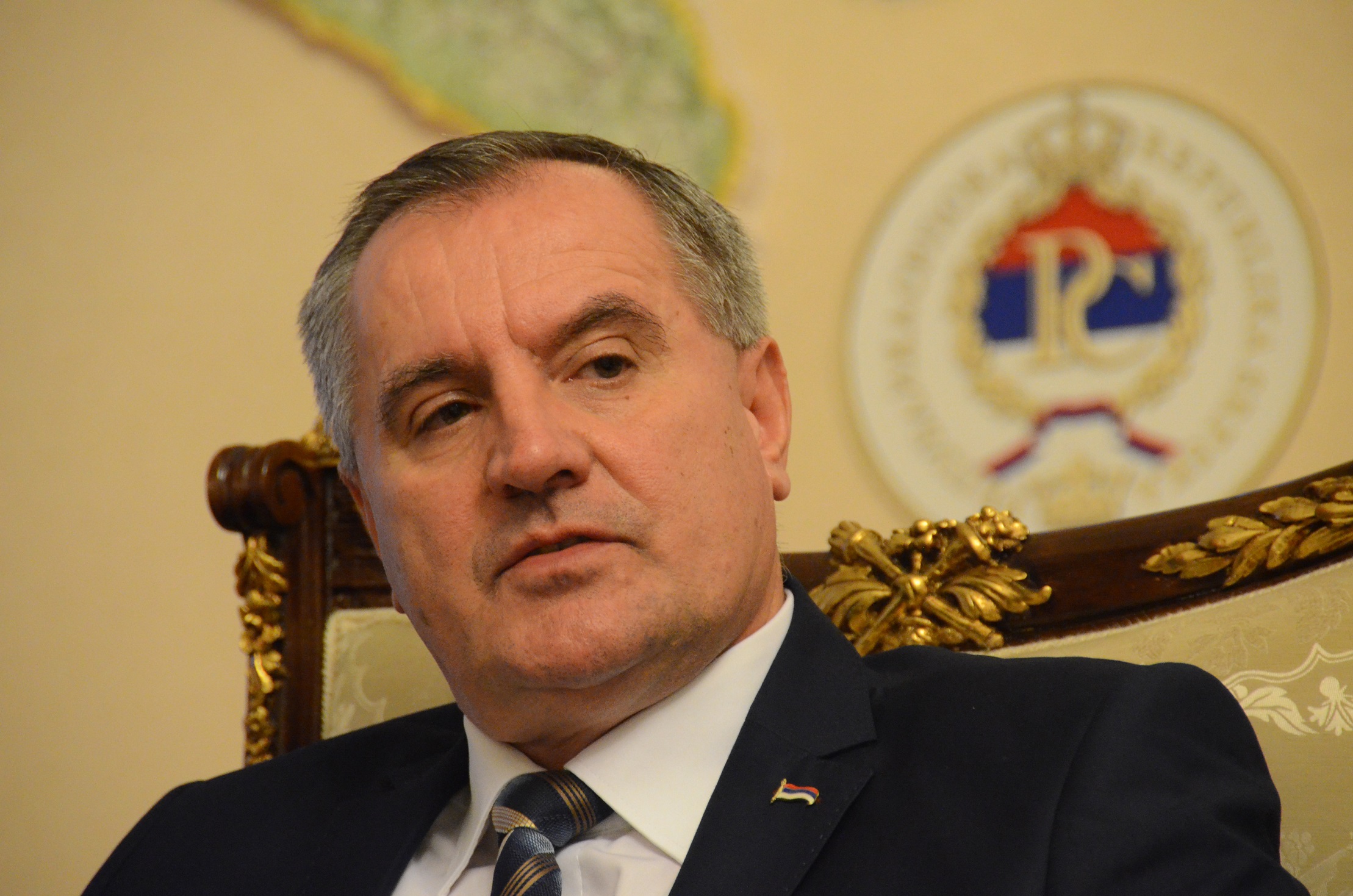
“Republika Srpska faces tough times, proving that we are hardworking and responsible, surviving difficult challenges such as the situation with the coronavirus, as well as the conflict in Ukraine. Nevertheless, we have managed to overcome these problems,” Višković said in an interview with Television Una.
He emphasized that there is no longer rampant inflation, which currently stands at four or five percent, expected to drop below eight percent by the end of this year. Višković also noted that the prices of oil and oil derivatives are returning to tolerable levels.
“Regarding the payment of salaries, pensions, and other benefits, it is certain that they are regular. We have included all fighters in receiving combatant supplements, for which an additional 24 million KM has been allocated. Disability benefits have increased by five percent in November and December. At the beginning of this year, we increased pensions and all benefits by 13.5 percent, and from January 1st, we will increase pensions by nine percent, which is our legal obligation,” Višković added.
According to him, the total debt of Srpska is 6.2359 billion KM, which accounts for 40.4 percent of the gross domestic product (GDP), while the public debt is 5.2874 billion KM or 34.2 percent of the GDP.
Višković reminded that the upper limit for the total debt is 60 percent of the GDP and 55 percent for public debt.
He also mentioned that the trade coverage by exports for the first ten months of this year was at 75 percent.
“Republika Srpska easily meets all obligations. So far, Srpska has borrowed 600 million KM and returned 1 billion KM of credit. We have done this in a year when bankruptcy was predicted for us. Our work best refutes bankruptcy stories,” Višković said.
He reiterated that if trade unions and employers fail to reach an agreement, the government will decide on the minimum wage in Srpska for 2024 by the end of this year, considering all economic and other indicators.
Višković emphasized the importance of unions and employers reaching an agreement on the minimum wage, respecting the proposal of Srpska’s President, Milorad Dodik, for it to be 1,050 KM.
He stated that the government has provided many incentives to retain workers in these areas.
“In the real sector, we have invested around 420 million KM annually. This means that in the past four years, we have invested over 1.2 billion KM in that sector,” Višković said, highlighting that the effects of this investment include increased wages, employment numbers, and growth in indirect and direct tax revenues.
Višković mentioned that the average salary in October in Srpska amounted to 1,290 KM, significantly higher than in the Federation of BiH and the surrounding regions.
“We have 290,000 employed workers, and the growth in indirect and direct tax revenues means that the amount we consciously invested in the real sector has yielded certain effects,” Višković added.
He emphasized that the government will particularly support the real sector in developing new technologies to make the economy more competitive in the European and global markets.
